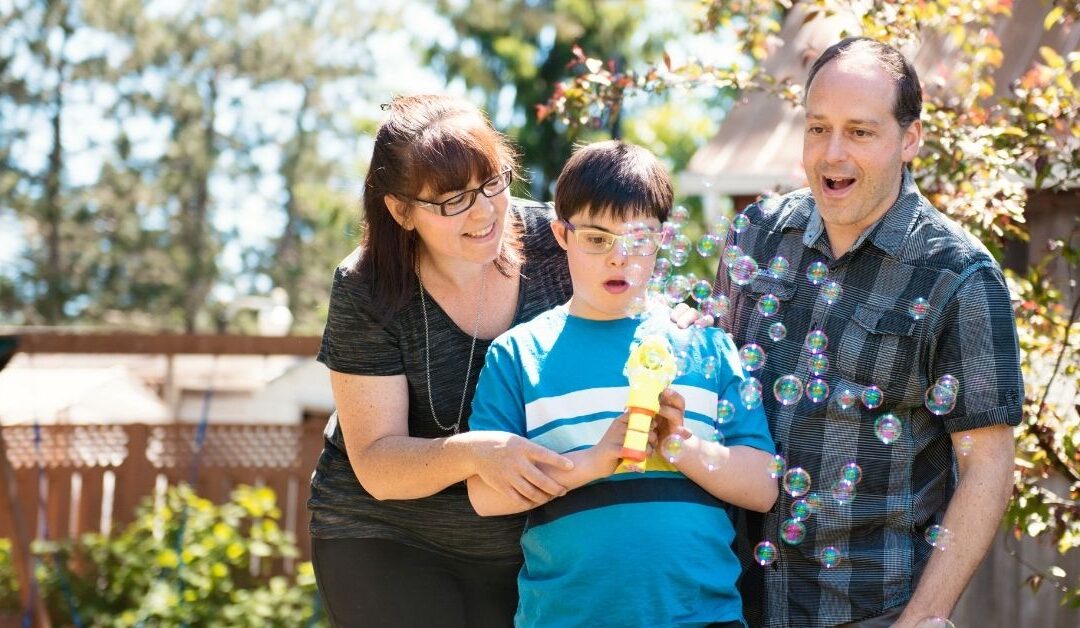As parents, we are concerned about the future for our autistic children — especially when we are no longer able to care for them. We worry about their shelter, finances, medical care and more. This becomes more complicated if our children are receiving or will receive income through Social Security and other benefits like Medicaid through state benefits. That is why ABLE accounts may help your child in the future.
What is an ABLE account?
ABLE means Achieving a Better Life Experience. The U.S. Congress passed a law in 2014 that created them. ABLE accounts are tax-advantaged investment accounts. They allow someone with a disability or an authorized individual (parent, guardian or appointed individual through a power of attorney) to pay for living expenses that are outside of the government assistance they receive. It helps those who are disabled have a higher quality of life because if they are receiving government benefits, then they are limited to having only $2,000 in financial assets.
Who qualifies for the account?

ABLE accounts have some specific qualifications. They include:
- Onset of their disability or blindness before age 26.
- Receives Social Security Income (SSI) or Social Security Disability Insurance (SSDI).
- If does not receive SSI or SSDI, has a doctor’s diagnosis of significant functional impairment.
What if your child doesn’t receive SSI now? Does that mean you cannot set up an ABLE account when they are an adult? If they qualify for SSDI as an adult, then you would be able to set up an account for them then. You would not be able to establish an account for your child before then though.
How are ABLE accounts managed and used?
An ABLE account is established through your state’s program. However, if you like another state’s ABLE plan investment options, some states allow out-of-state residents to open an account through their program.
You can choose from a variety of different saving and investment options for the ABLE account. These can be conservative to aggressive depending on how your child wants to use their account. There is a limit of $15,000 for annual contributions. However, if the person is receiving SSI, they have a limit of $100,000 total. Anyone can contribute to the account. In fact, if your adult child works a part-time job, their earnings can be put into the ABLE account (up to the annual limit).
Money in ABLE accounts can be used for a wide variety of qualified expenses. Those can be connected to medical expenses for the disability not covered by Medicaid. It also can be an expense that improves health, wellness or quality of life. The expense isn’t required to be a medical necessity. ABLE beneficiaries can use their money in a lot of ways. They can pay for education, save for a down payment on a home, purchase medical equipment and more.
Can you roll a 529 for education into an ABLE account?
In 2018, Congress passed the ABLE Financial Planning Act. This allows up to $15,000 to be rolled over from a 529 college saving account to an ABLE account without penalties. However, tax and legal experts advise against this in most cases. That is because 529 college savings accounts have a waiver of the 10 percent penalty if the beneficiary is disabled, and the money is still used for that person.
This is complex, so you should probably talk to a tax or special needs legal expert to understand more about 529 college savings plan and how you can still use that money for your child. Here is an article from the Special Needs Alliance that explains some of this complexity.
How to set up an ABLE account

If your child qualifies for an ABLE account, you can check out your state’s and other state’s programs to choose the best one for your child. Many states offer state income tax deductions if you choose the program for the state where you live. You will open the account online, and here is a resource to help you with enrollment in a program, including a state-by-state comparison tool.
Still have a lot of questions about ABLE accounts? The ABLE National Resource Center has an extensive list of frequently asked questions and answers that can help.
For more personalized help, talk to your tax expert or special needs attorney about if an ABLE account would be a good financial tool for your child as an adult.
Have you established an ABLE account for your autistic young adult? What was the experience like, and do you have tips for other parents? Leave a comment so that we can share and encourage each other along this journey?







